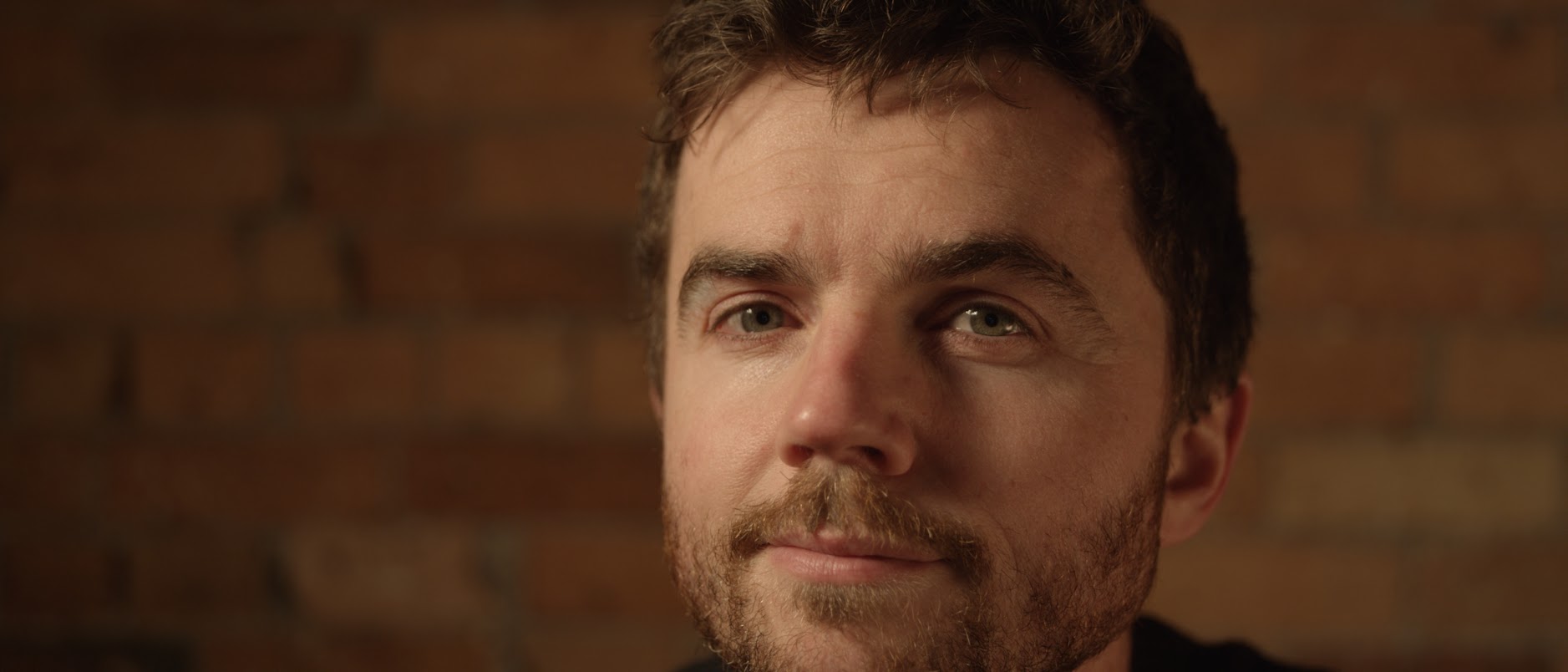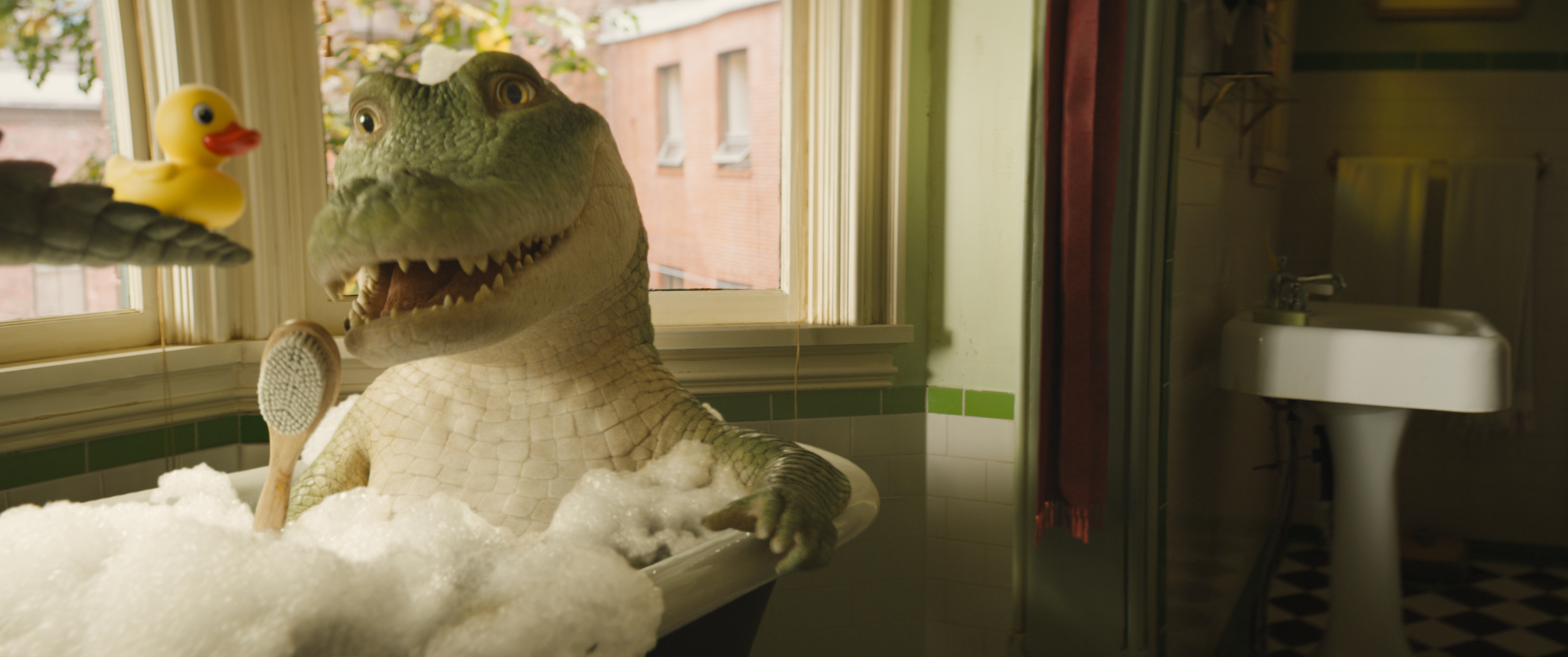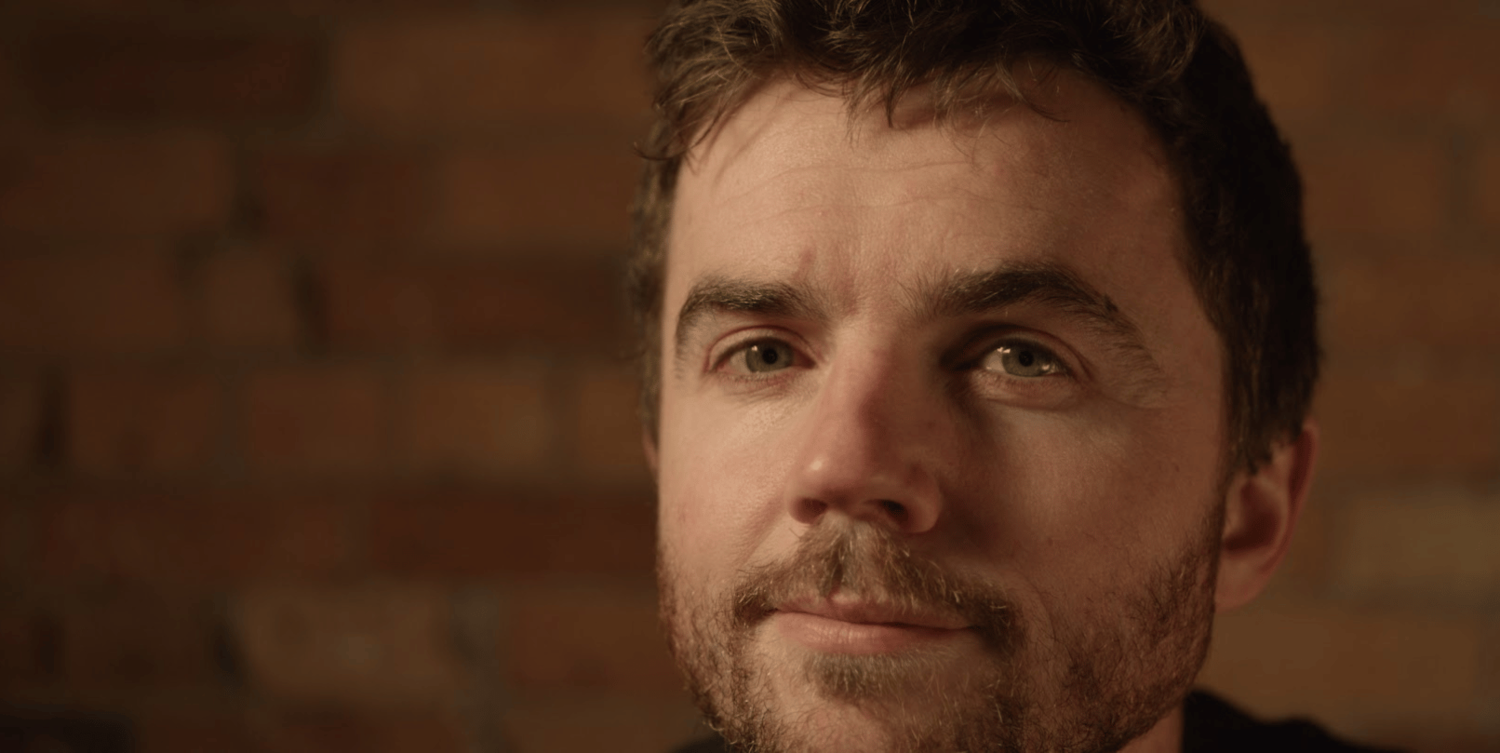Get to know Alex Whyte, the Head of FX at Framestore.
In this Q&A, Alex takes us on an enjoyable journey, from early studies which led to working with the moving image, to his current role leading a team of talented artists in Melbourne. He shares insights on the challenges and rewards of working in the film industry, highlights some of his proudest work, and offers invaluable advice for aspiring artists seeking to enter the field.

So Alex – how did you get started in the animation/VFX industry?
I was exposed to 3D Studio Max while studying Interior Architecture at UTS; it was then I really took an interest in the moving image through animation. I was also interested in getting behind a real camera and directing. I got a job at a boutique advertising production company in Sydney where I helped out doing everything from motion graphics to studio shoots to editing. I started making my own music videos for small competitions but eventually came to the realisation that advertising was a little soul destroying – so I decided to switch to the film industry!
How long have you worked with the team in Melbourne? What was your first role there?
I started about 13 years ago, back when the company was called Iloura. I didn’t have any film experience, so they offered to try me out in Matchmove and see where it went from there. This was good, in hindsight, because it gave me an overview of how the studio operated and where I might fit in best. FX came to me naturally as I was already tinkering with some of the tools at home (FumeFX, Krakatoa, Thinking Particles). These days of course, it’s all Houdini =). Post Matchmove, I was an FX artist and FX lead for some time; I am now the Head of FX for the Melbourne Framestore team.
What has it been like transitioning through different roles and teams within the one company?
Moving out of Matchmove and into FX was made easier by the fact that the FX team surrounding me were inspiring and easy to get along with. I’m not going to lie, transitioning through the different roles within FX hasn’t come without its challenges. Managing a team is quite a different experience but it pushes me to adapt my strengths in new ways which hopefully help the FX team!
Is the path you’ve taken through the company one that you expected? Or has it taken unanticipated turns?
If you asked me a bit over a year ago if I thought I would be the FX HoD I would have said “nah mate”. I was presented with an opportunity which would be crazy to pass up and I’m continuing to learn as I go! Who knows where life will take you? I might decide that I want to make cheese on a small island…or direct a film about a man on an island who just wants to make cheese.
What do you love most about what you do? What do you find challenging?
The thing I love most is that I am working on films. It was always a dream to work in the film industry. I love playing with Houdini. I love that part of my job is essentially playing. The thing I find the most challenging is the management side of things; self-education is very possible in many areas but I think managing people requires experience. It’s a learning curve – but I never shy away from a challenge.
Any pieces of work that the FX team have worked on that you’ve felt particularly proud of?
I always come back to Mad Max: Fury Road. There was a real sense of movie magic, crafting our FX alongside some of the best practical pyrotechnics explosions out there. And also seeing the way the DP John Seale shot the day-for-night scenes. I love all that stuff. A few more recent standouts have been: 1. Mortal Kombat – it’s not every day you get asked to recreate one of the main characters being sawn in half by a flying metal hat. 2. Three Thousand Years of Longing – we did a small but challenging effect of the genie escaping which ended up looking quite cool. 3. Lyle, Lyle, Crocodile – the FX team actually had to do a lot of the cfx work to bring this crocodile to life. It’s more of a kids movie than something I would watch but it ended up looking pretty schmick.

Any advice for someone wanting to get started in the industry?
Get knocking! Make some stuff, knock on doors and show them what you can do. Your reel starts off all student/personal project stuff but eventually you will get a shot and before you know it your showreel is all shots from real films. And keep applying. Companies crew up for each project so if you aren’t accepted for a role now, in 6 months time they might need more crew for a new project.
